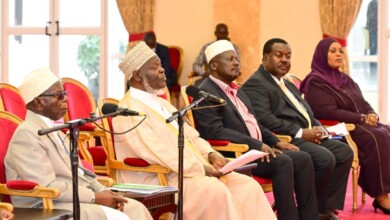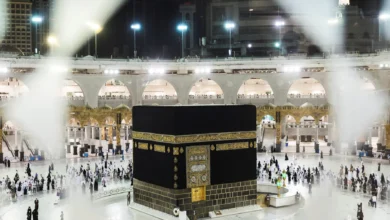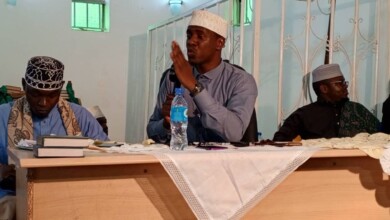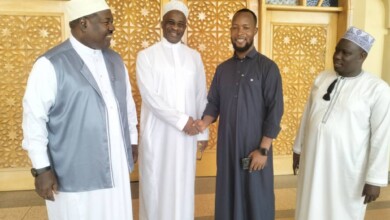UMSC announces Shs 31 Billion development plan for Namugongo Shrine
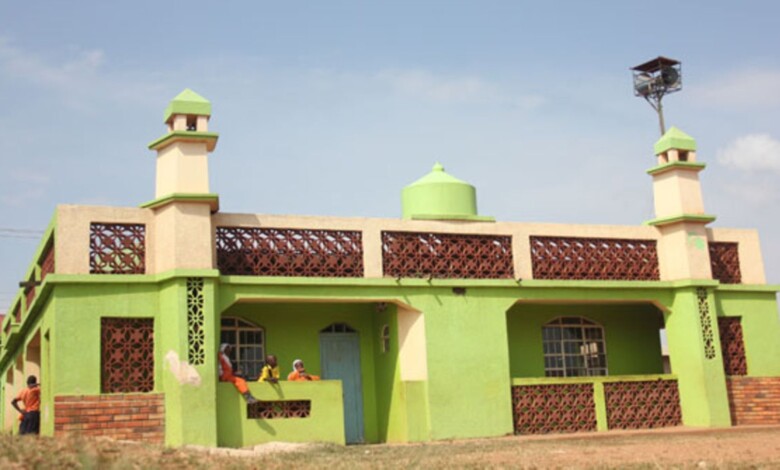
By Namale Shahista
The Uganda Muslim Supreme Council (UMSC) has unveiled ambitious plans to develop a Shs 31 billion complex at the Namugongo Muslim Shrine. The proposed facility will include a 5,000-capacity grand mosque, a martyrs’ museum and research center, an interfaith tourism hub projected to attract 50,000 annual visitors, and a health center to be operated by the Uganda Muslim Medical Bureau.
Imam Shaffi Kagiiko, the UMSC National Secretary for Social Services, revealed that the project awaits government compensation for squatters occupying part of the land.
“Under the leadership of Professor Badru Kateregga who chairs our Martyrs Day Development Committee, we have prepared a comprehensive budget,” Kagiiko explained.
“However, we first need the Ministry of Lands to implement the President’s directive to compensate squatters so we can reclaim the full seven acres for this development.”
Revised commemoration dates
In a related development, the UMSC announced this year’s Muslim Martyrs Day celebrations will be held on June 10-11, deliberately avoiding overlap with the Christian commemorations on June 3-4.
“As the Supreme Council, we made this adjustment last year,” Kagiiko stated.
“Between June 6-11, we will conduct various activities across the country including tree planting, prison visits, hospital outreach, support for orphanages and persons with disabilities, along with other charitable initiatives.”
The announcement comes against the backdrop of Namugongo’s complex religious history. While the site is best known for the 1886 execution of 45 Christian converts under Kabaka Mwanga II, historical records show Muslim converts faced persecution earlier, with 80-100 killed during 1874-75 under Kabaka Mukaabya Walugembe Muteesa I.
Namugongo had served as an execution ground since the reign of Kabaka Kyabaggu in 1760, continuing through the rules of subsequent Buganda monarchs including Jjunju, Ssemakokiro, Kamaanya, Suuna II, and Muteesa I.
Theological clarification
Addressing ongoing debates within the Muslim community about martyrdom, Dr. Ziyad Swallah Lubanga, UMSC Director of Sharia, provided definitive religious context.
“Islam has recognized martyrs since the time of Prophet Muhammad. 14 martyrs were killed at the Battle of Badr and at least 230 are documented throughout the Prophet’s mission,” Lubanga asserted.
Quoting Quran 3:169, Lubanga emphasized: “Do not consider those killed in Allah’s cause as dead. They are alive with their Lord, well-provided for.”
He further explained that Islam recognizes multiple categories of martyrs beyond those who die for their faith and called for proper documentation of Muslim martyrs in Uganda’s history.


